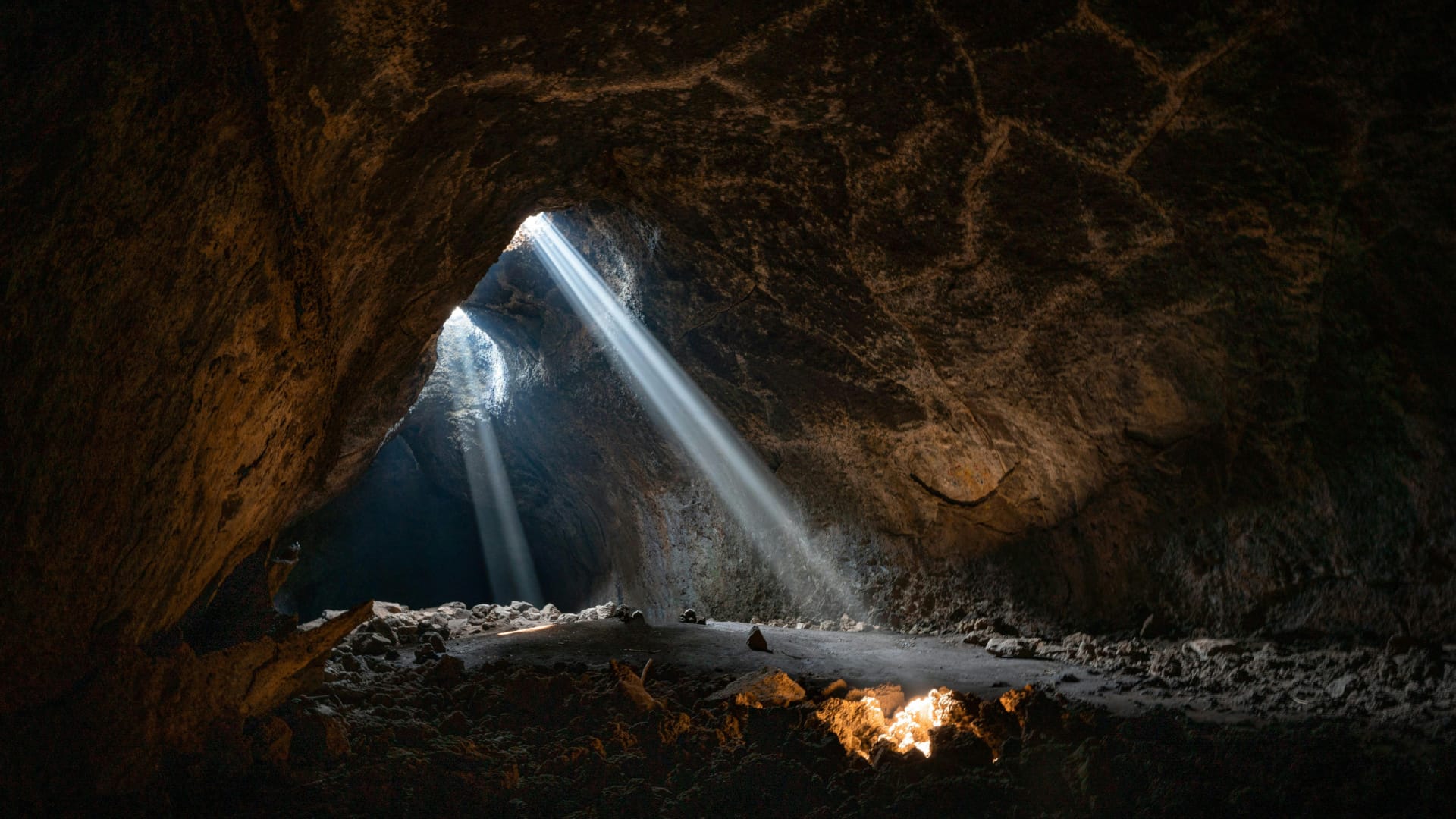In theaters now

Last week, U.S. entertainment-industry outlets reported that The Walt Disney Company is in early development on a new, and fourth, Star Wars trilogy—along with a handful of other upcoming films in the seemingly ever-expanding franchise. Neither, of course, is Star Wars the only franchise expanding: The third season of HBO’s Game of Thrones spin-off series House of the Dragon is in the works, as is an upcoming prequel series. Max is working on a rebooted TV series of the Harry Potter books. And this summer, Disney’s Marvel Cinematic Universe became the first franchise to surpass US$30 billion in global box office revenue.
Since the 1970s, franchises have steadily grown in their share of the box office, at the expense of original works. At first glance, it’s not entirely obvious why Hollywood studios keep expanding their franchises with new films, despite many having had underwhelming ticket sales or been poorly received: The fifth installment of the Indiana Jones saga lost Disney nearly $100 million—also roughly what Paramount Pictures lost on the seventh Mission: Impossible film. This fall, Warner Bros Pictures’ second Joker movie, having cost up to $200 million, earned less than $38 million in its opening U.S. weekend. So why do franchises keep dominating Hollywood?
Andrew deWaard is an assistant professor of media and popular culture at the University of California San Diego and the author of the open-access book Derivative Media: How Wall Street Devours Culture. DeWaard says understanding the rise of film franchises means following the money—specifically, understanding the transformation of studio ownership, how that transformation has bent the industry toward a focus on short-term profits, and why that focus has favored sequels and prequels. For a while, streaming offered filmmakers well-funded opportunities to create original series, but now that too has been taken by the same logic—leaving not just less and less space for creativity in Hollywood, but more and more uncertainty about its long-term sustainability …
Gustav Jönsson: Exactly what’s happened here?






